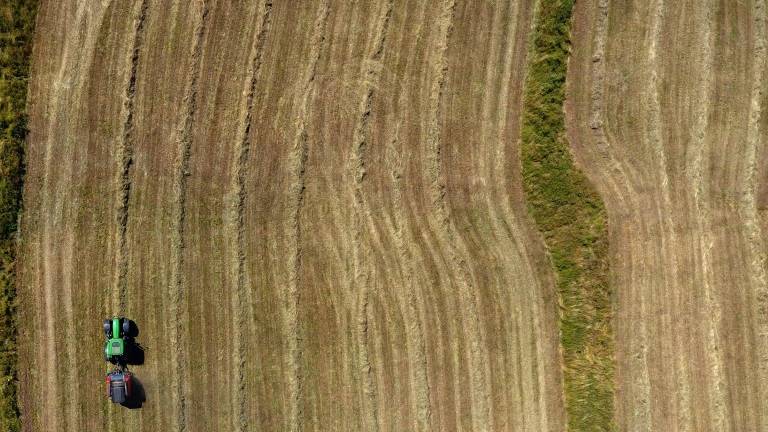PETALING JAYA: There is a need to boost food productivity as the population grows bigger.
The country’s food and live animal imports have increased from RM38.9 billion in 2013 to RM51.3 billion in 2017.
The emphasis on crops that yield higher returns, which include industrial ones such as rubber and oil palm, has led to a lower output of food produce.
“The success of palm oil led to more allocations to this crop at the expense of food crops,“ Universiti Putra Malaysia Institute of Agriculture and Food Policy Studies research fellow Datin Paduka Prof Dr Fatimah Mohamed Arshad told theSun.
The other reason is the cheap price of imported food items such as fruits and vegetables.
Consumers generally prefer imported cabbages as they are cheaper than locally produced ones, she said.
“Malaysia is not competitive in food production at large with the exception of poultry meat, eggs and pork,“ Fatimah said.
To boost local food security, she suggested government to adopt the Food First Policy that prioritises quality food for the country.
Among the strategies include enhancing research and development and innovation in food commodities, encouraging consumption of local food products and providing more fiscal incentives to small and medium enterprises in food production.
“It may take time to develop an industry that has been neglected, but with the current advanced technology and political will, Malaysia may be able to cut short (the time needed to) progress,“ the academic said.














